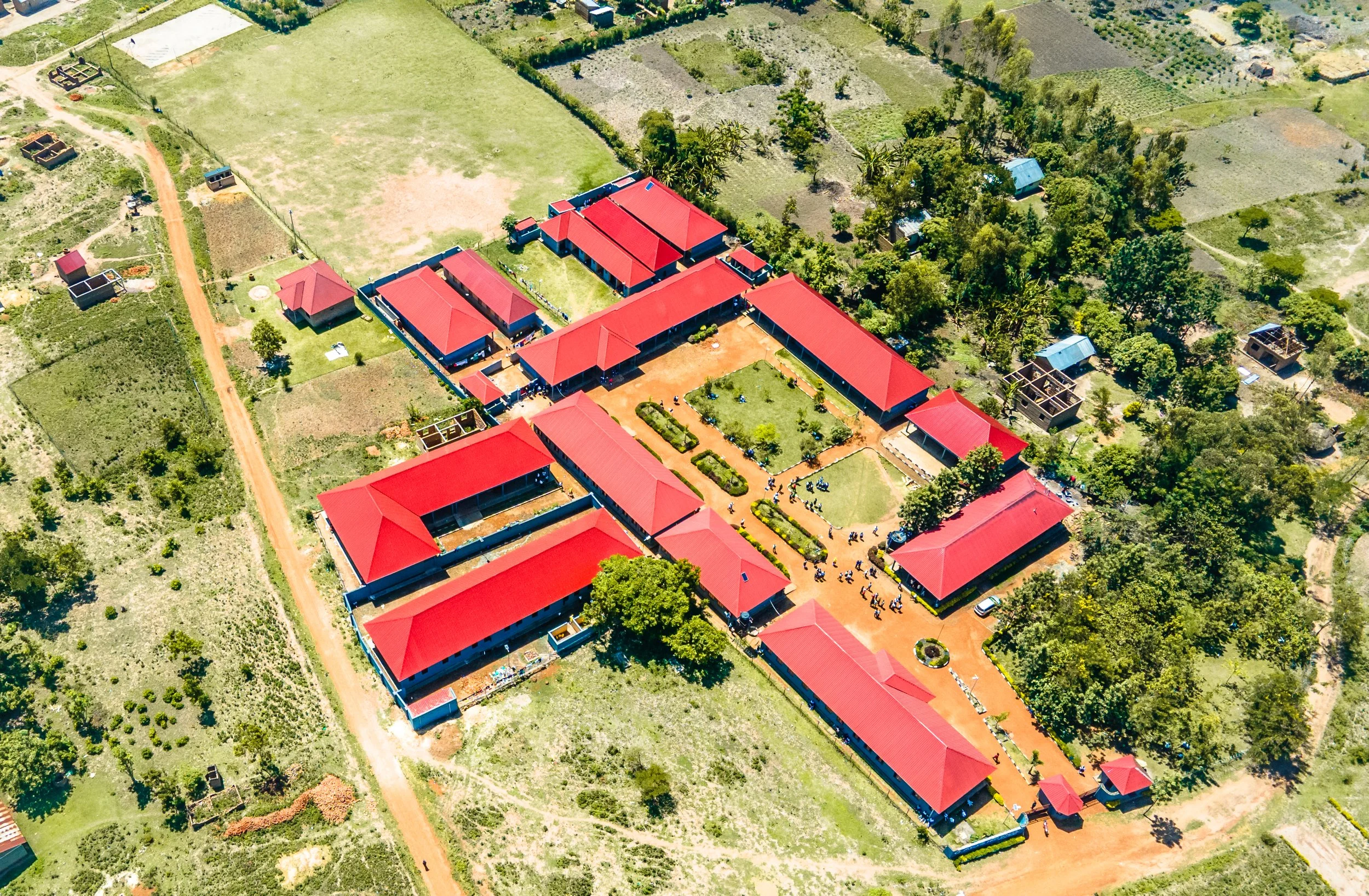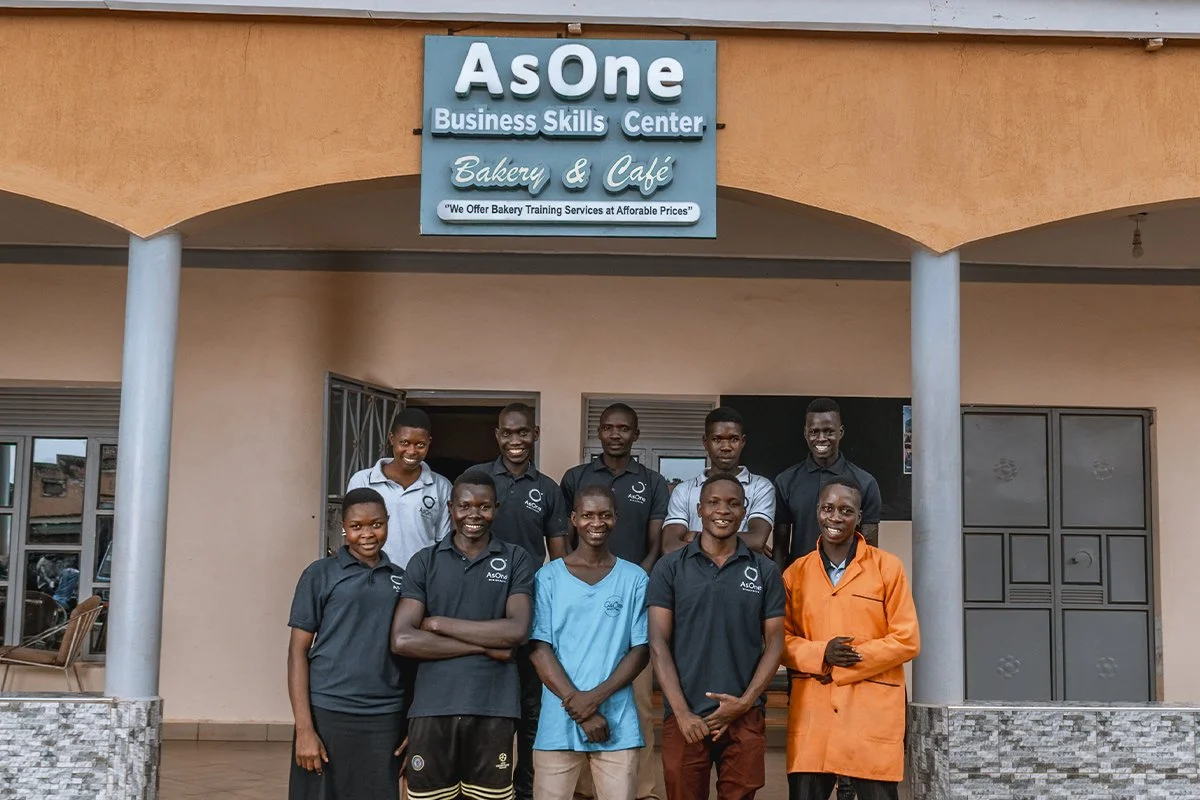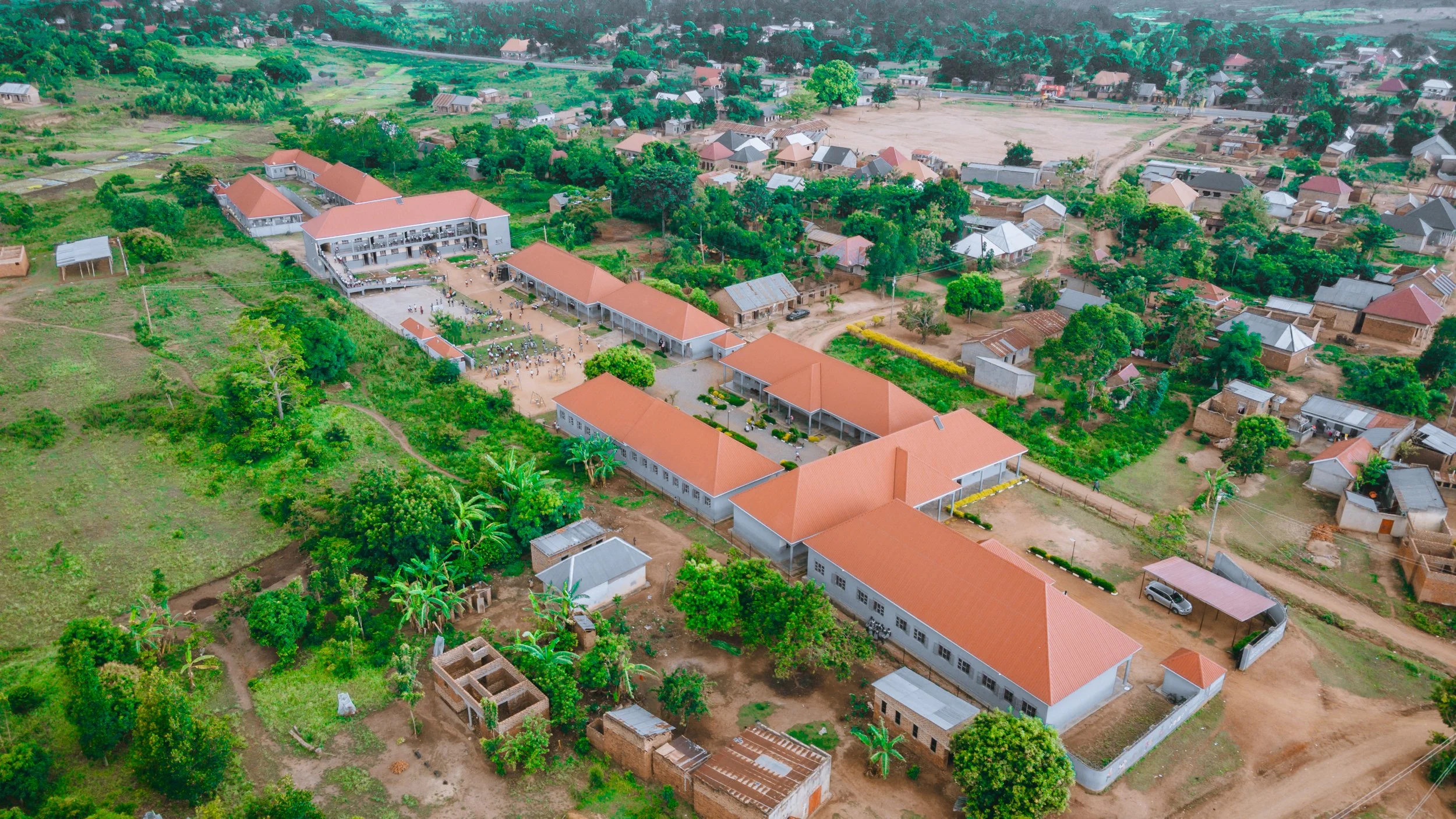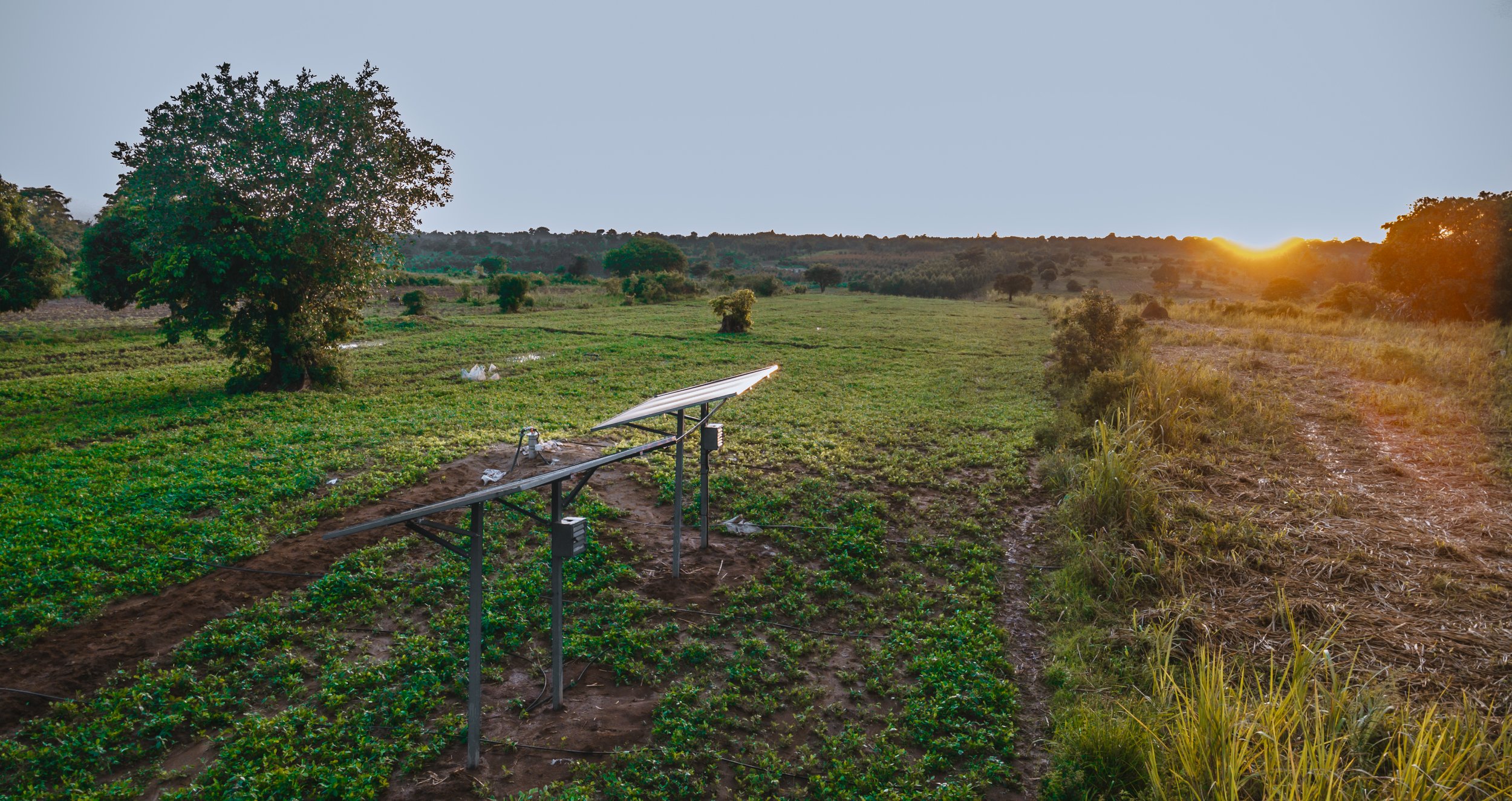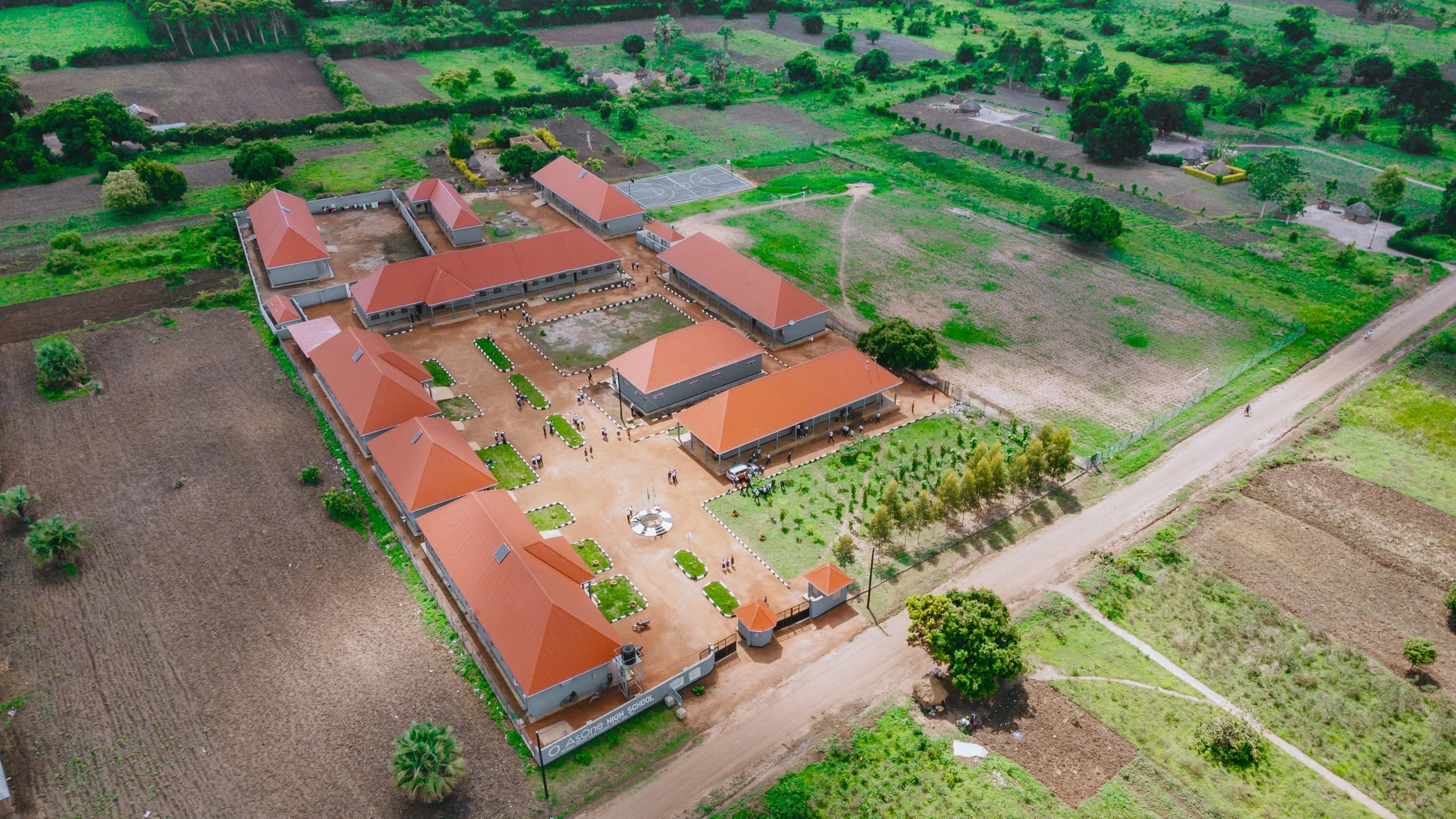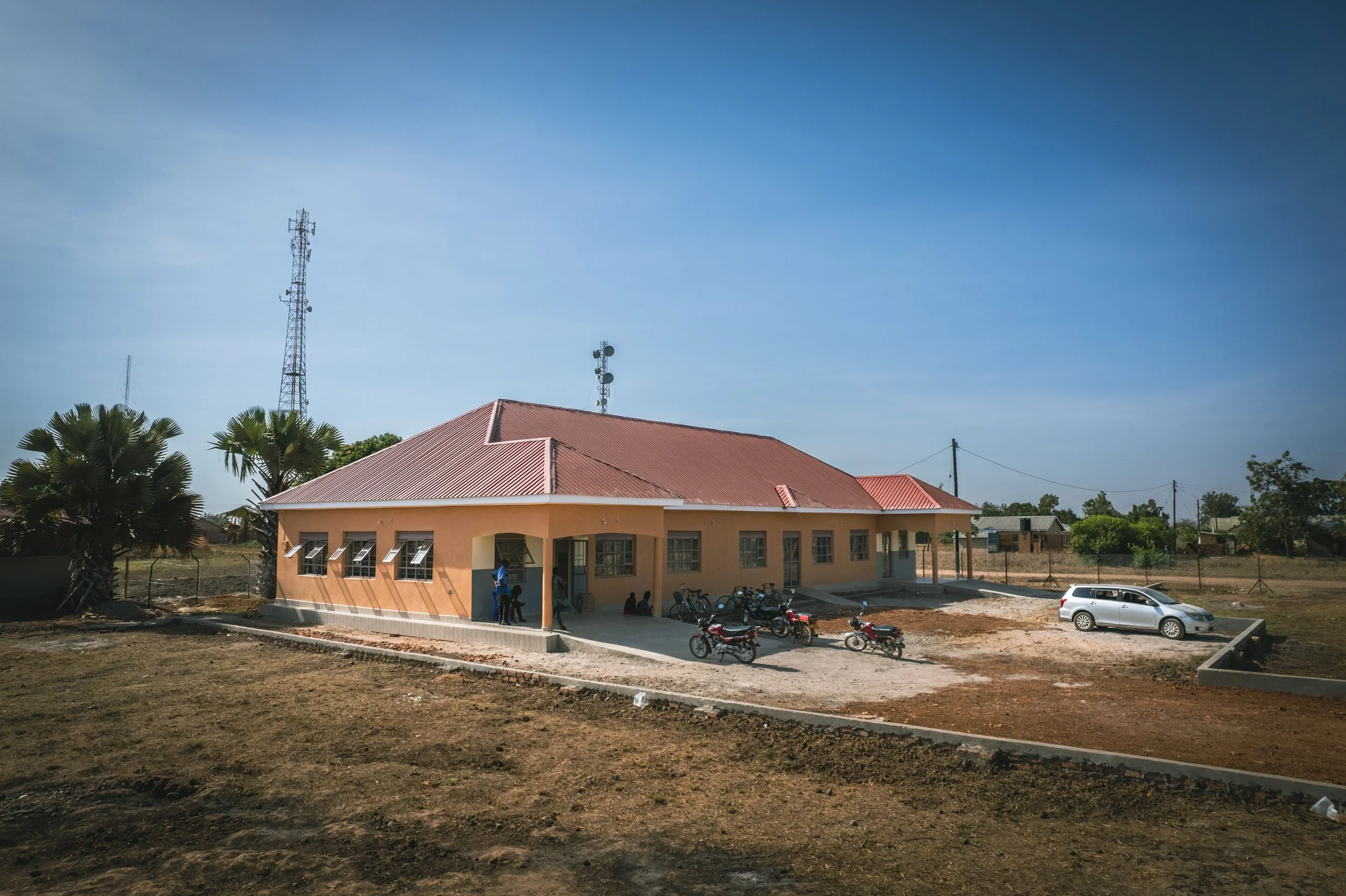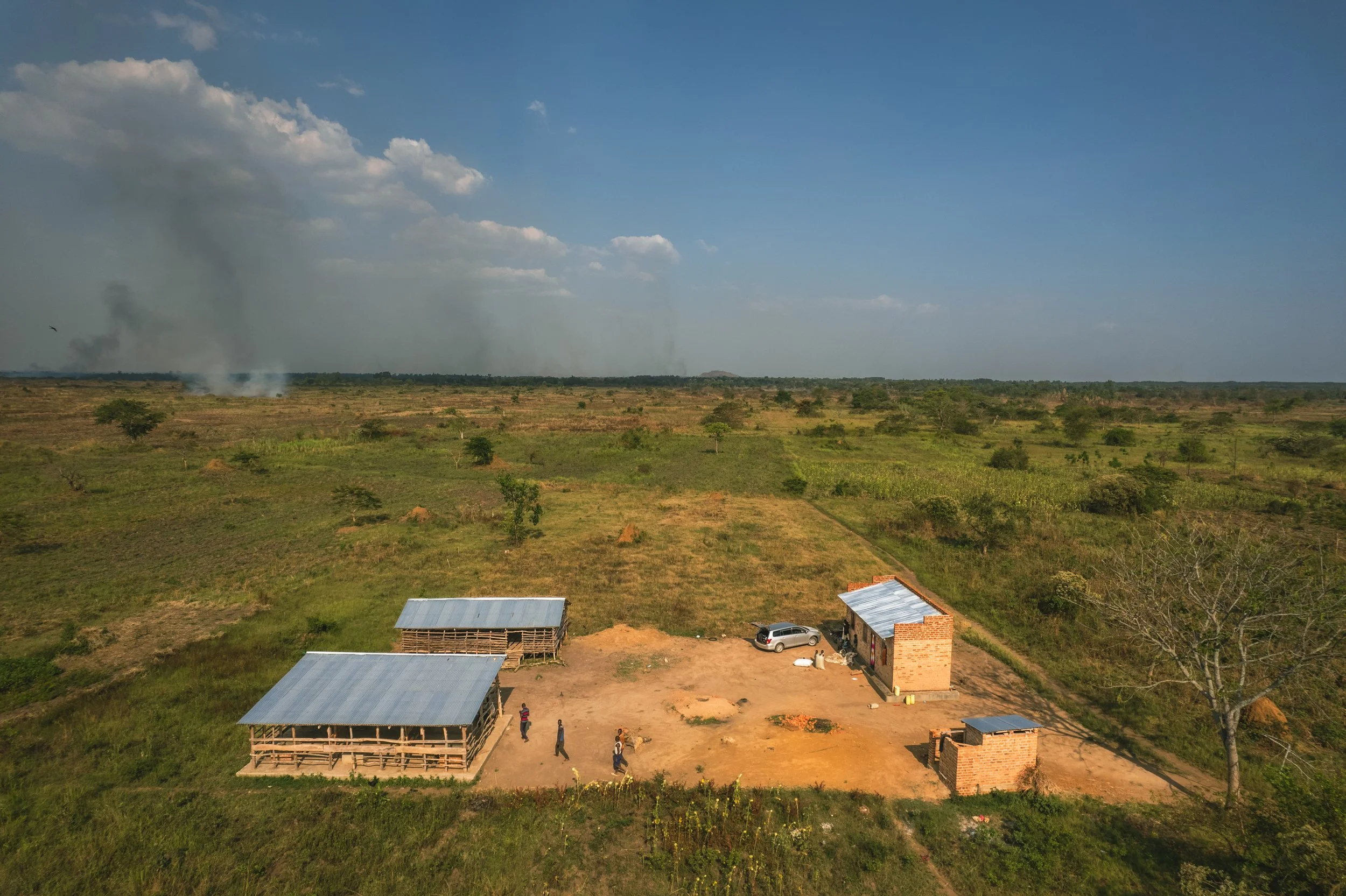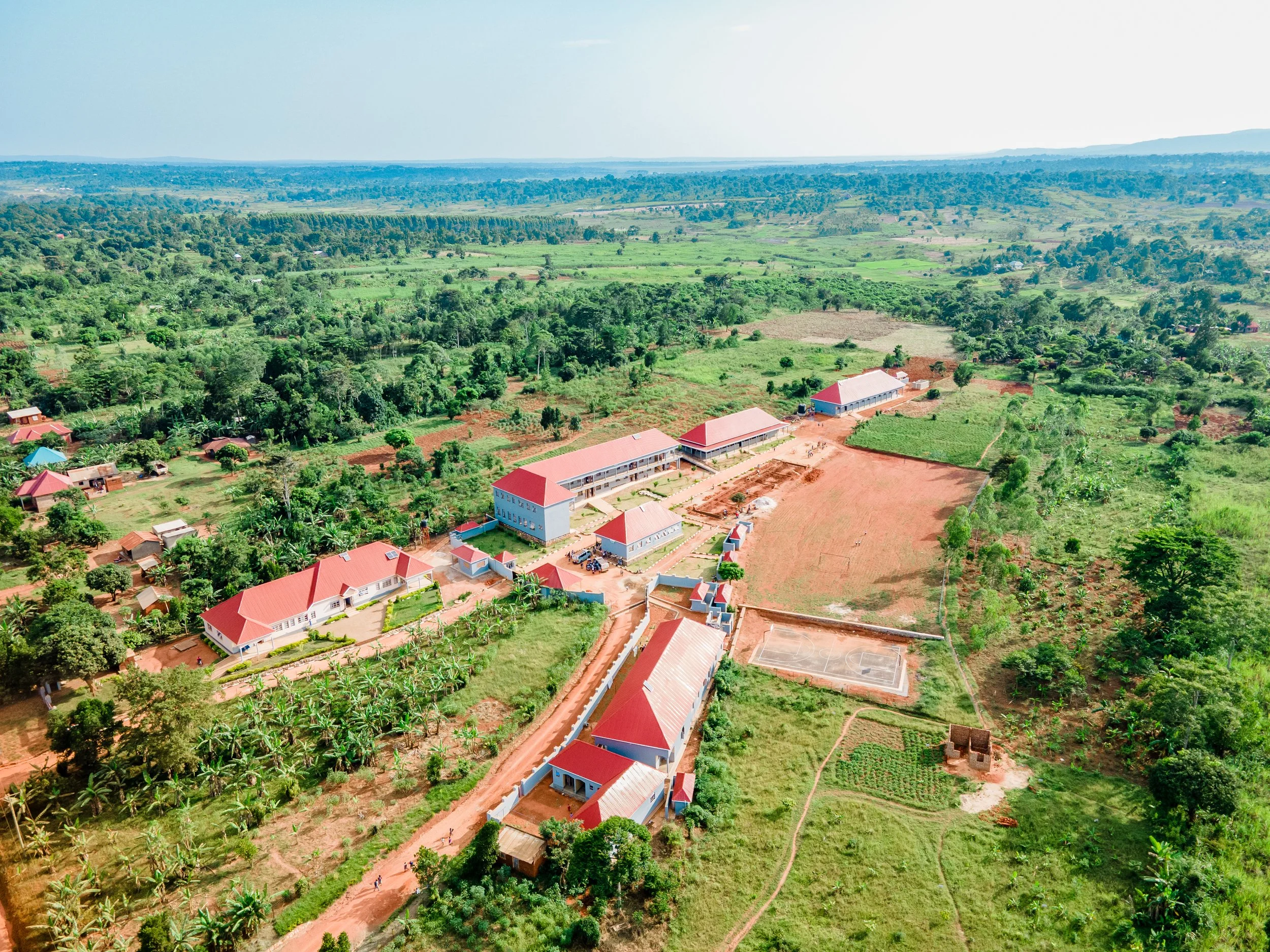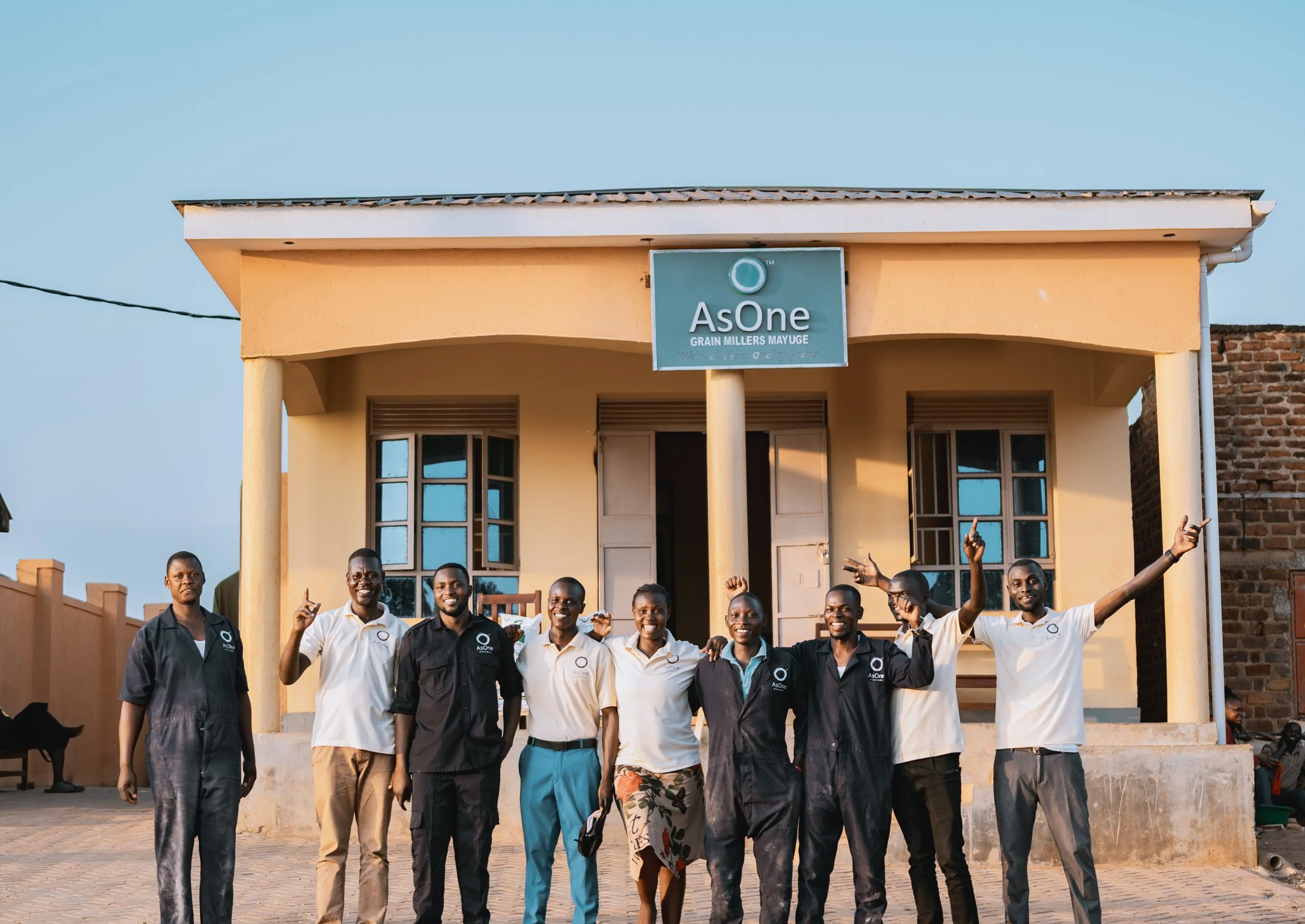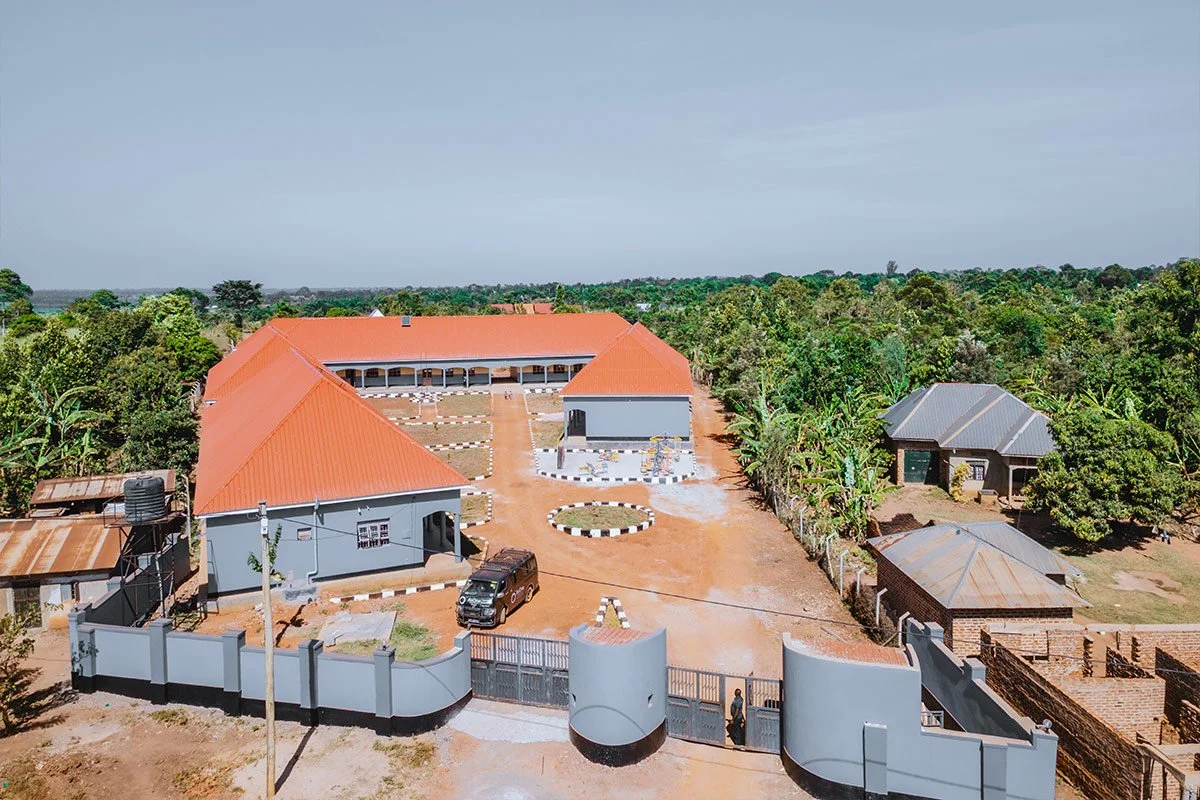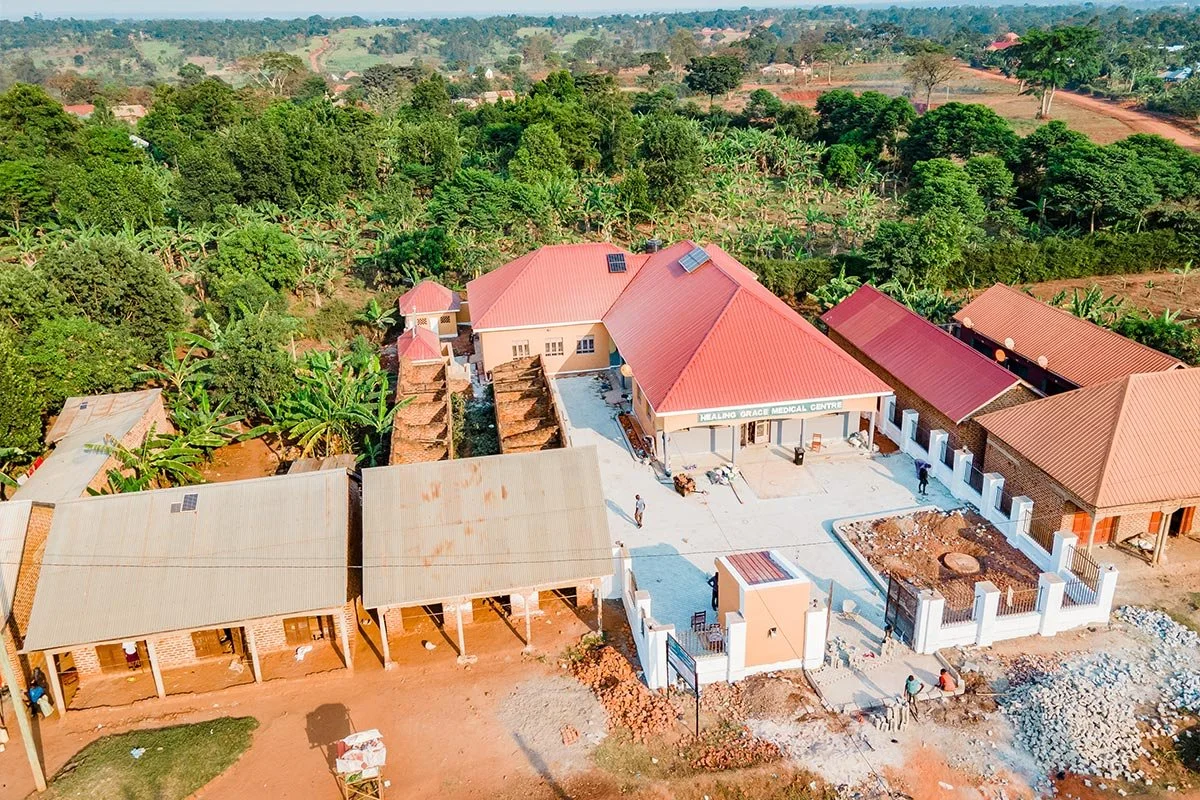YOU’RE CREATING A MOVEMENT OF
Ugandans Empowering Ugandans
Uganda
Uganda is known as the “Pearl of Africa” for its remarkable beauty. It also has a high rate of poverty and one of the youngest and fastest-growing populations in the world.
Population: 50,958,286
AsOne Ministries Uganda
Where is AsOne Located?
AsOne Ministries operates in
Namayemba, Bugiri, Eastern Region
Rwanyabihuka, Ibanda, Western Uganda
Kaberamaido, Kaberamaido, Eastern Region
Idudi, Bugweri, Eastern Region
Matuba, Mayuge Eastern Region
Kiyunga, Luuka, Eastern Region
Serere, Serere, Eastern Region
In these communities, our goal is to build and operate a school, farm, business, and health center.
Our headquarters are located in Namayemba, Bugiri District, Eastern Region.
Namayemba, Bugiri District
Rwanyabihuka, Ibanda District
Idudi, Bugweri District
Kaberamaido, Kaberamaido District
Matuba, Mayuge District
Kiyunga, Luuka District
Serere, Serere District




